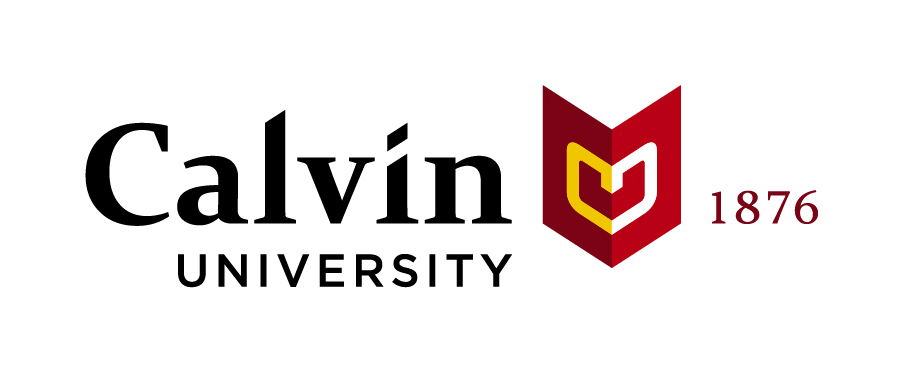Technology and the Reformed Philosophical Tradition
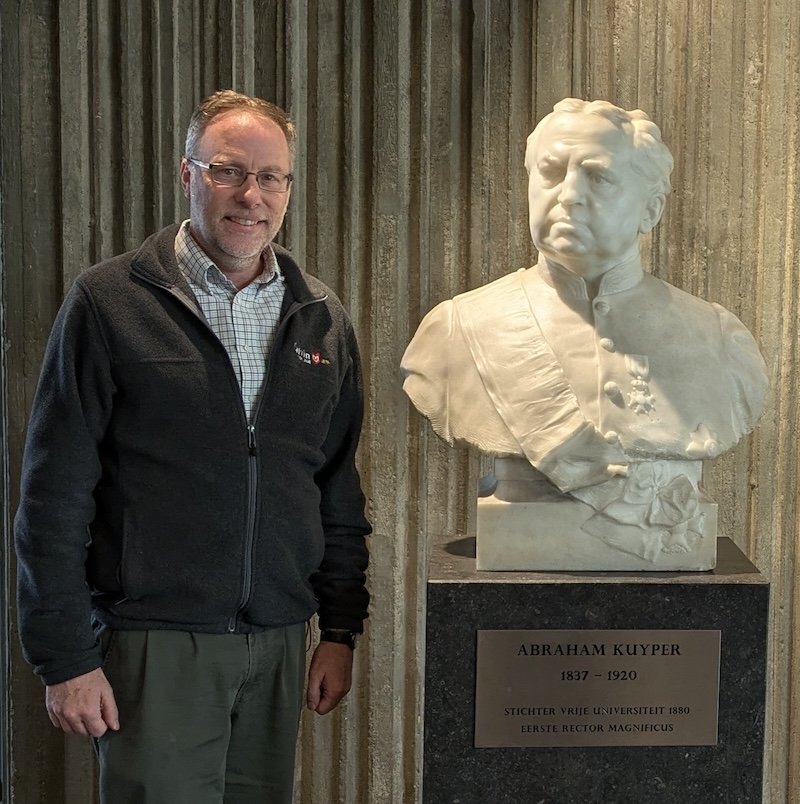
Most of my teaching, books, and writing is informed by the Reformed Christian philosophical tradition, and more specifically, the “neo-Calvinist” tradition. This tradition was birthed out of Abraham Kuyper and Herman Bavinck in the early 20th century but has roots that can be traced back to John Calvin and even further back to St. Augustine. Around the turn of the twentieth centry, Kuyper wrote and reflected on technology with insights that can speak to our digital age. More broadly, in the words of Nicholas Wolterstorff, “neo-Calvinists interpret our fundamental cultural-historical obligation as the obligation toward God… to ‘open up’ creation’s potentials.” It is a tradition that is both orthodox and modern, retrieving historical Reformed resources to inform modern life in a new and fresh way.
Some of the scholars who have served at Calvin who have contributed to this tradition include Nicholas Wolterstorff and Alvin Plantinga, who developed a line of philosophical thinking often referred to as Reformed Epistemology. Wolterstorff and Plantinga described their work in a book titled Faith And Rationality: Reason and Belief in God (1984), making the case that religious belief can be rational. Reformed epistemology has made significant contributions to philosophical discourse and was even mentioned in a 1980 Time magazine article.
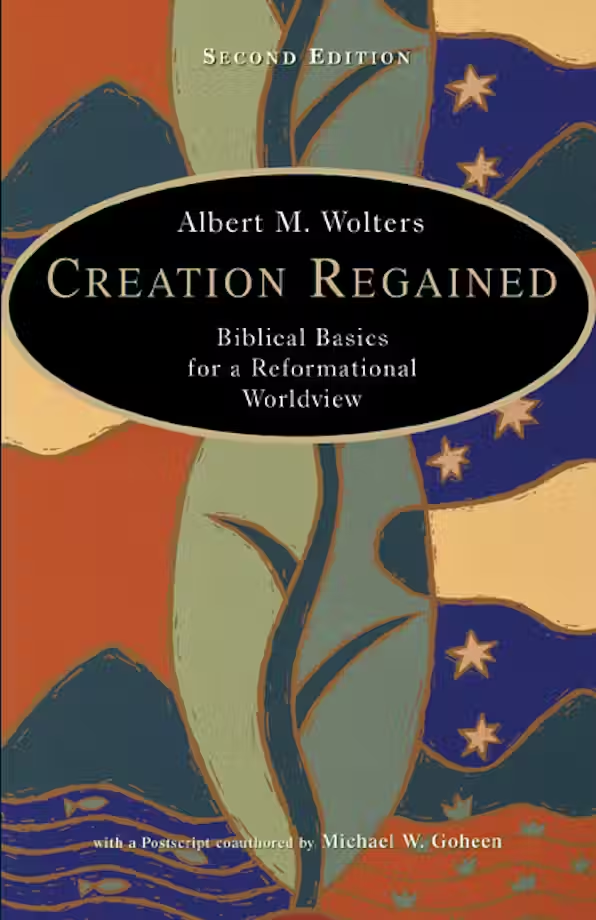
Another stream of Reformed philosophical thought also emerged in the mid-twentieth century developed by Herman Dooyeweerd and Dirk Vollenhoven. This stream of Christian philosophy has been named Reformational Philosophy and is characterized by its insights for culture and society at large and a commitment to the common good. One key insight is the notion that all theoretical thought is based on presuppositions that are inherently religious in nature, hence the need for a distinctly Christian philosophy. Another key concept is a set of fifteen “modal aspects” which describe various laws and norms in created reality. A wonderful summary of Reformational worldview thinking can be found in the book Creation Regained: Biblical Basics for a Reformational Worldview by Al Wolters (who was a former colleague at Redeemer College).

Reformational thought has also been particularly fruitful for work in the philosophy of technology. In fact, some of the early work in the philosophy of technology was forged by Reformational scholars like Hendrik Van Riessen, author of De Maatschappij der Toekomst (The Society of the Future). Van Riessen studied under Vollenhoven, forging some of the early work in the philosophy of technology. The well-known philosopher of technology, Carl Mitcham, recognized Van Riessen’s contributions in his classic book, Thinking Through Technology, and Mitcham was later invited to deliver the first Van Riessen Memorial Lecture.
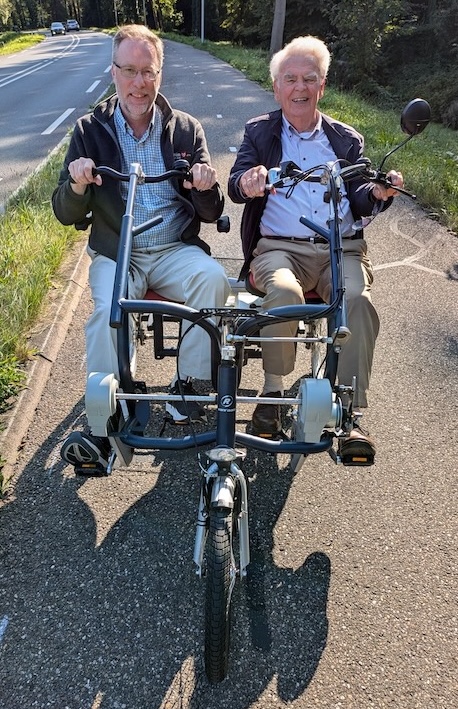
One of Van Riessen’s graduate students, Egbert Schuurman (no relation to me), worked as an engineer before going on to do further studies in the philosophy of technology. His thesis was later published under the title Technology and the Future: A Philosophical Challenge. He eventually took over Van Riessen’s position at Delft University and went on to train another generation of Christian philosophers of technology. He also served as a member of the Dutch Senate for many years, demonstrating the relevance of Reformed philosophical thinking for making political and social decisions about technology, also as a member of the steering committee of The Royal Institute of Engineers on “Limits to technology.” My paths have crossed with Egbert, who has lived for many years in the same area where my late wife grew up. I’m grateful for his work which has greatly informed my own.
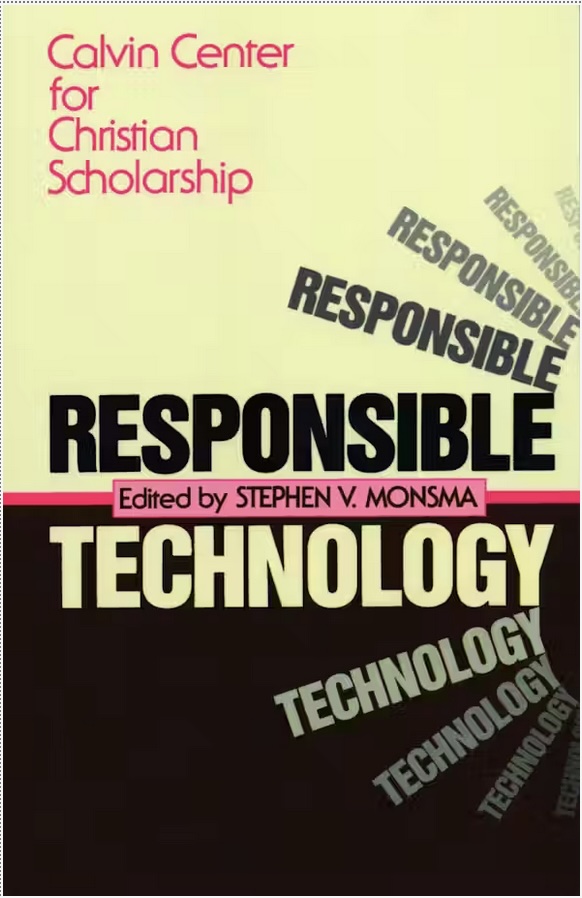
One of the landmark technology books which was informed by the Reformational thinking was Responsible Technology (1986), an edited book project funded by the Calvin Center for Christian Scholarship) (Egbert Schuurman was a contributor to this book). This book inspired some of the founders of the Christian Engineering Society, which started in 1992 with a modest gathering of 40 engineering educators on the campus of Calvin College. This book influenced many subsequent papers and articles on the intersection of faith and engineering. Some books, such as A Christian Field Guide to Technology for Engineers and Designers, were directly inspired by Responsible Technology. This inspiration was acknowledged at the book launch along with gratitude to the larger community of Christian scholars. Another book that owes gratitude to Responsible Technology is Shaping a Digital World, which explores the implications for computer science.
In North America, several undergraduate engineering programs have been informed by the Reformational tradition. Charlie Adams helped establish the engineering department at Dordt University based on Reformed principles; he also wrote many articles on faith and engineering. At Calvin University, Jim Bosscher helped establish an engineering program rooted in the Reformed tradition. Many other engineering programs at North American Christian colleges and universities have been influenced by concepts laid out in Responsible Technology which is evident in the published proceedings of the biennial conference of the Christian Engineering Society.
Reformational thinking continues to inform computer science and engineering education at Calvin and the Calvin Center for Christian Scholarship continues to support work in Faith and Technology. Reformational thinking also informs programs at other Christian universities, like Dordt University using concepts such as “design norms,” derived from the “modal aspects” mentioned earlier. These “design norms” provide a framework for designers to take more creational factors into account. Technology is not neutral, but rather has substantial cultural, social, lingual, economic, aesthetic, and justice issues. I am grateful for the many helpful insights of the Reformed tradition. Indeed, we stand on the shoulders of many others.
An article related to this page was published in Christian Courier under the title “Technology and the Reformed Tradition.”
Below are some links to various resources about this Christian philosophical tradition:
- Reformed Faith and Technology initiatives at Calvin
- On Kuyper and Technology, Christian Scholars Review
- collection of writings from and about Herman Bavinck
- Introduction to Reformational Philosophy and All of Life Redeemed by Steve Bishop
- You Should Know Neo-Calvinism by Steve Bishop
- What is to be done… Toward a Neocalvinist agenda? by Al Wolters
- The Dooyeweerd pages compiled by Andrew Basden
- The annual Kuyper Conference and Prize hosted by Calvin University
- Resources on AI and Education and AI and the Church
- Writings by Theodore Plantinga, a former Calvin philosophy professor and founding professor at Redeemer College in Hamilton, Ontario. Theo was a colleague and friend who passed away in 2008. I wrote an article titled “Remembering Theo Plantinga” for Christian Courier in 2011.
